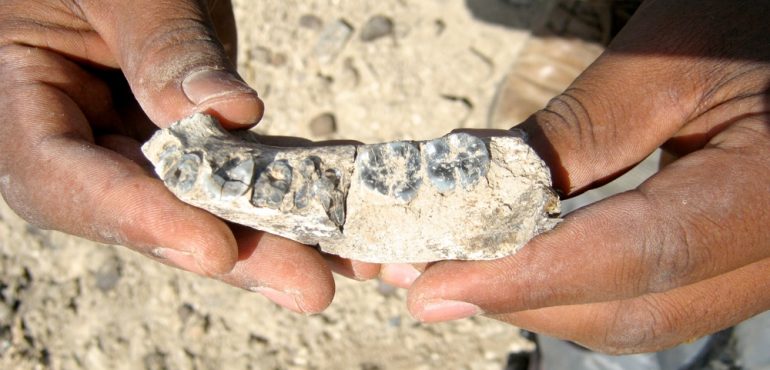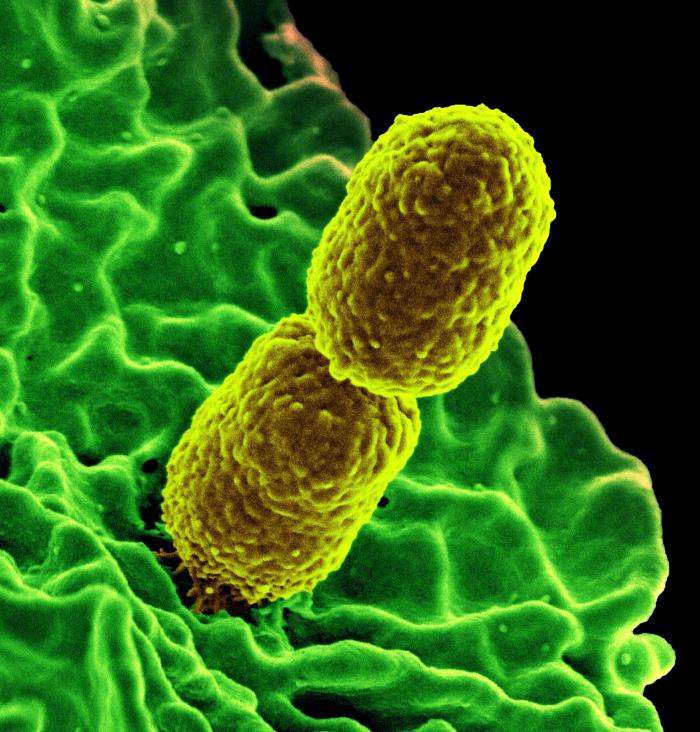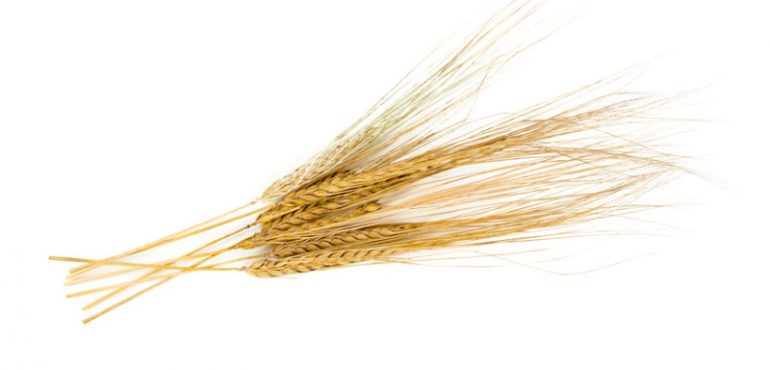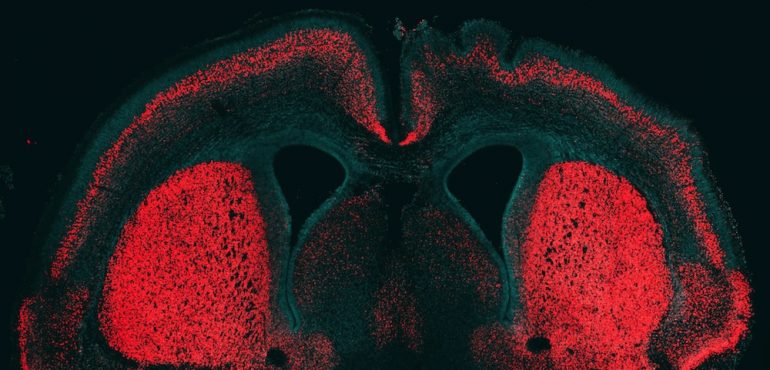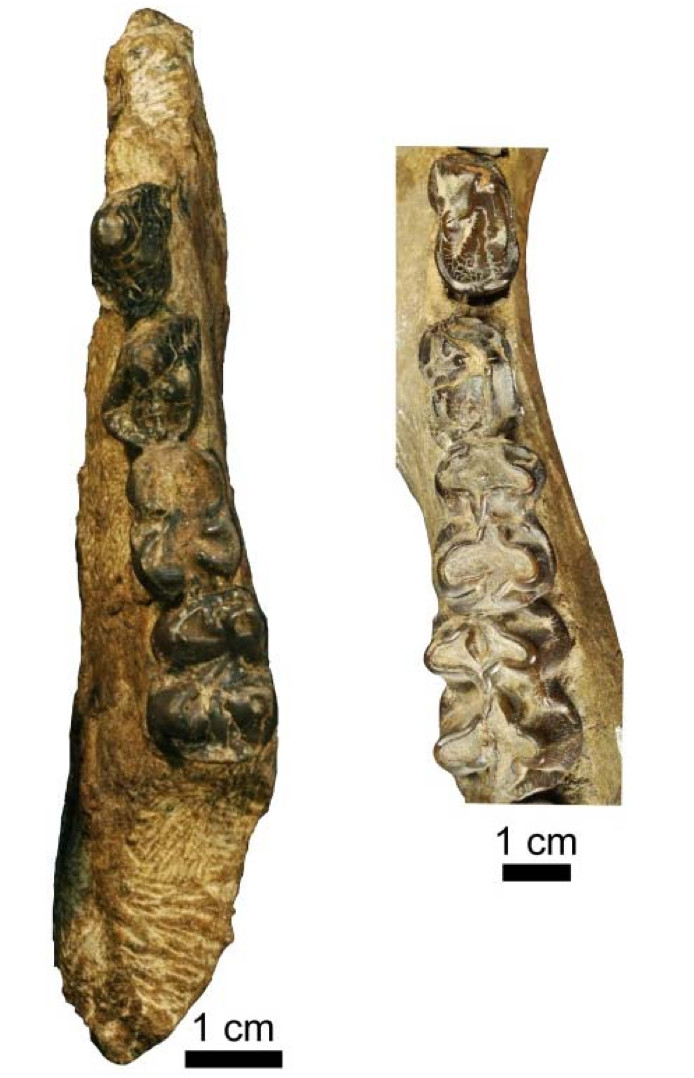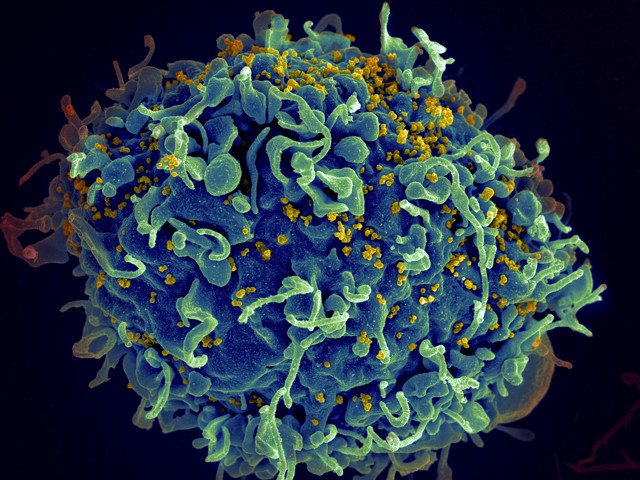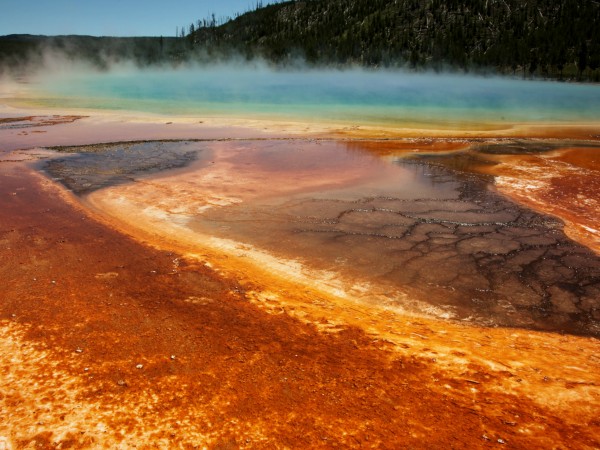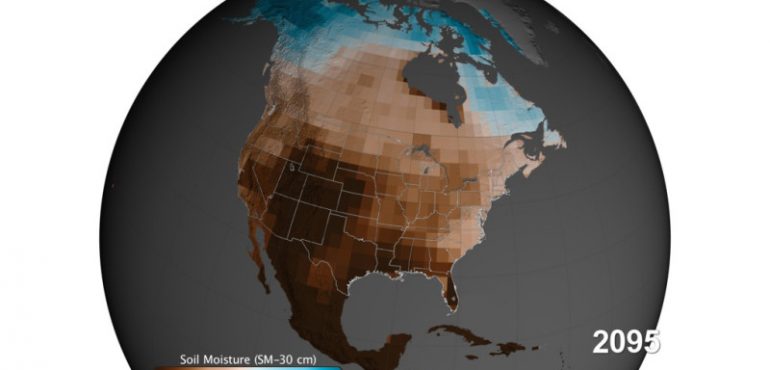An ancient jawbone fragment is the oldest human fossil discovered yet, a bone potentially from a new species that reveals the human family may have arose a half million years earlier than previously thought, researchers say. This find also sheds light on the kind of landscape where humans first originated, scientists added. Although modern humans…
Read more
Earliest Human Species Possibly Found in Ethiopia
